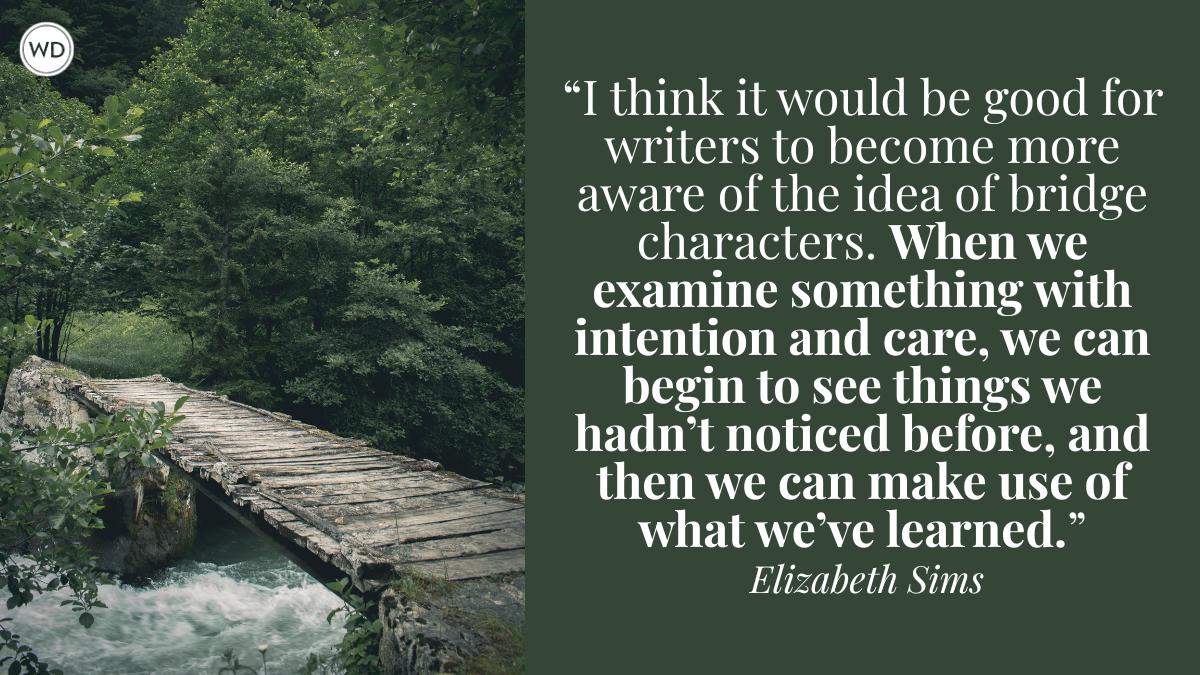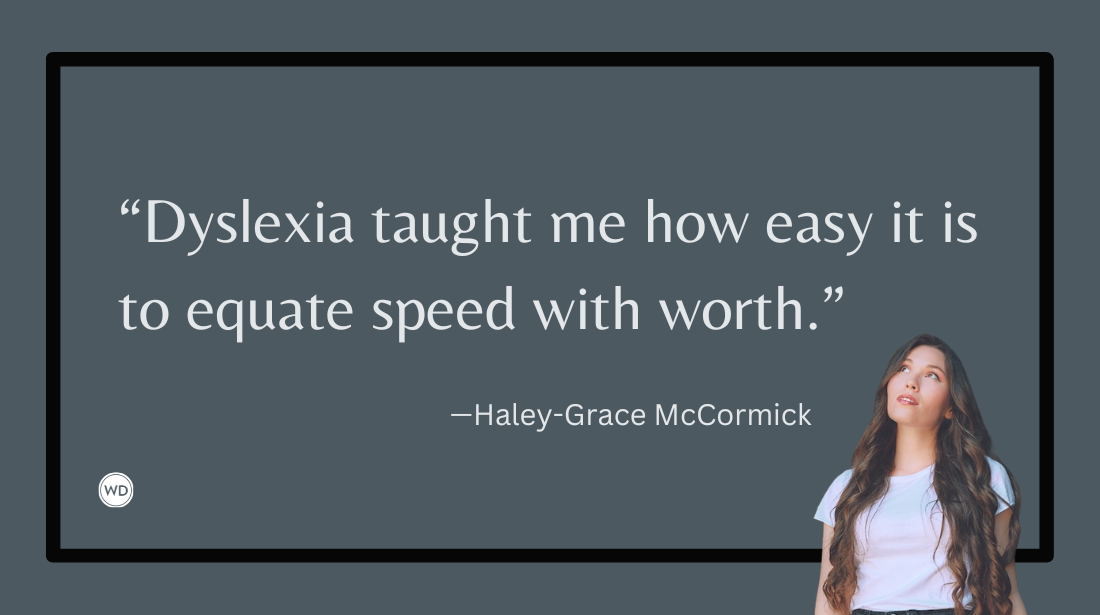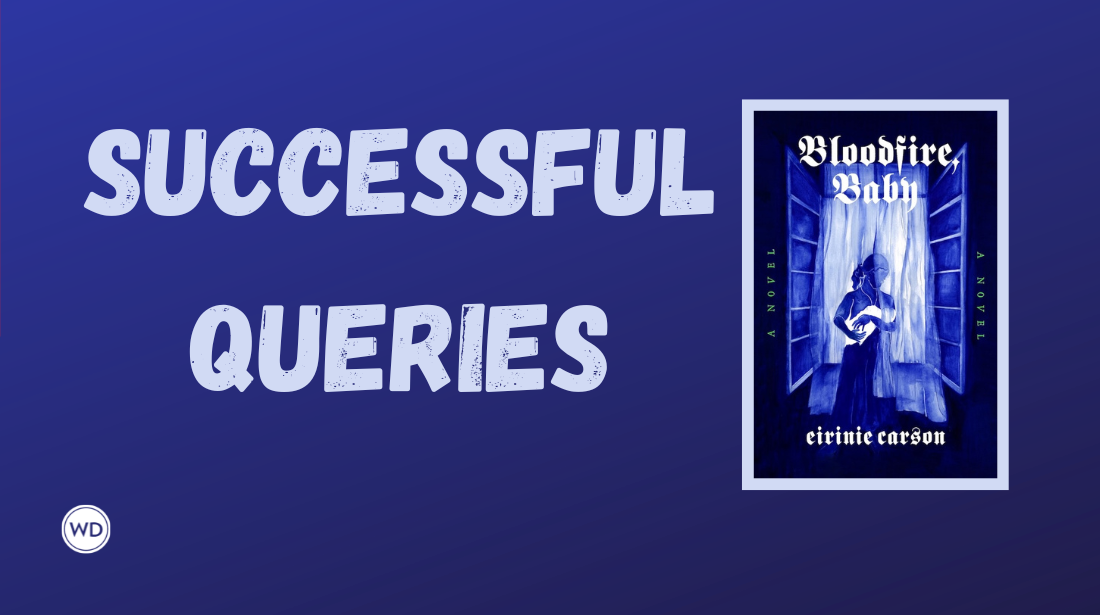What Does It Really Mean to Be a Bestselling Author?
Should the title of Bestselling Author be reserved only for those authors who hit the top of one of the “Big Lists” like in the good old days before Amazon led the industry to reconsider what the term actually means?
These days, it seems like everyone is calling themselves a “Bestselling Author.” What they don’t tell you is that they achieved bestseller status, however briefly, on some narrowly-niched Amazon subcategory where hitting the top spot is more about promotion and timing than selling lots and lots of books.
So, the question becomes: Does hitting the top of an Amazon subcategory legitimately give an author the right to wear the bestseller mantle, or is that embellishing the truth just a tiny bit?
Should the title of Bestselling Author be reserved only for those authors who hit the top of one of the “Big Lists” like in the good old days before Amazon forced the industry to reconsider what the term Bestselling Author actually means?
In my mind, it all depends on how you define the word “bestseller” or the term “bestselling author.” And understand that bestseller status on any list is open to manipulation. More on that later.
In times gone by, to become a bestselling author with a bestselling book—and thereby earn those precious bragging rights—a book had to hit one of the big lists: The New York Times, The Wall Street Journal, or USA Today.
But there are also lists maintained by the not-so-big boys: Barnes & Noble, Publishers Weekly, The LA Times, even Walmart publishes a bestseller list, though I have never seen anyone put “Walmart Bestselling Author” on the cover of a book.
Still, I’m from Alabama. Here, that would be something to truly brag about.
To hit a big list like The Wall Street Journal you’d need to sell at least 3,000 books in the first week. To hit the big list, the mother lode, the big kahuna, The New York Times bestseller list, you’d need to sell around 9,000 books the first week.
Most authors would be happy to sell 9,000 books over the course of their lifetime, so the chances of ever hitting a big list are slim to none. This brings me to the next point.
You probably noticed I did not include Amazon in the “list of big lists” because until a few months ago, Amazon tracked sales ranking by the hour, not by the week. Earlier this year, they launched Amazon Charts, which publishes a list (with buy buttons connected to each book, duh) to top 20 bestsellers in fiction and nonfiction, as well as the 20 most read books in both categories.
Will Amazon Charts ever be taken as seriously as The New York Times Bestseller List?
Or even the Walmart bestseller list?
Probably not, simply because it’s so easy to obtain bestseller status on Amazon.
As bestselling author Patrick Snow now famously said, “Bestseller is a manipulated term. If you want to be a bestselling author, take out a $100,000 loan and buy 15,000 of your own books from Amazon.”
It’s far easier (and exponentially cheaper) than that if you set your sights a little lower. To achieve “bestseller status” within a single Amazon category rather than overall of Amazon, all you have to do is hit the top of any subcategory for a brief moment in time, and chances are you’ll be awarded the prized orange button with the word “Bestseller”, giving you legit bragging rights to say that you are indeed a bestselling author, at least as far as Amazon is concerned.
Becoming a bestseller on the big lists is about selling books, lots of books, lots and lots of books over the course of days, not hours.
Becoming a bestseller on Amazon is about selling books (to a degree), but it’s more about picking a narrow niche, manipulating the algorithm with the title and keywords and description settings, having a jazzy, eye-catching cover, and above all, marketing your butt off to direct buyers to your book en masse so all those sales—all 10 or 12 of them—happen in a brief enough window that causes your book to bubble to the top and stay there for at least one round of the algorithm.
On Amazon, you can be #1 for an hour, and #10 the next. Still, you hit #1, and maybe that’s all that matters to you. Maybe you’re more concerned about the title than the actual sale of books.
So, the question becomes: is an Amazon bestselling book really a bestselling book in the traditional sense of the term? Or just in Amazon’s jungle?
And here’s another question: should you really care how the title was obtained and on what list, so long as it did the trick and earned you the title of bestselling author that you can plaster on your book covers, website, tattoo on your forehead, etc.?
You are an Amazon Bestselling Author. And you can brag about it until the cows come home, even if your next book is in a totally different Amazon category or niche.
Let’s be honest here. For many authors, obtaining the title of Bestselling Author is all about branding and bragging rights, not book sales. Now, with a certain degree of confidence, you can call yourself an Amazon Bestselling Author.
It’s when you drop that word “Amazon” that the waters get murky. Rather than calling yourself a bestselling author who, for a brief moment in time, sold the most books in the Amazon subcategory of health, fitness, and dieting/alternative medicine/herbal remedies / essential oils, you drop the caveat and just start calling yourself “Bestselling Author,” which most people associate with one of the big lists. Your cred grows by leaps and bounds.
But are you lying? Are you misrepresenting the truth? Not really, you’re just leaving out a minor detail.
How many books a day must you sell on Amazon to reach such lofty heights? Again, that depends on the genre and the competition within the niche. The narrower the subcategory, the less the competition, therefore the better the odds of hitting the top spot if you do a decent job of marketing.
I know authors who have hit bestseller status on Amazon with less than a few dozen books sold. The title can be earned through algorithm manipulation and clever marketing, not the volume of books sold over a long period of time. If you don’t believe me, do a Google search on how to become an Amazon bestseller and look at the results. Nowhere, is great writing and perseverance mentioned.
Maybe that’s why traditionalists think Amazon titles are a load of hooey.
My buddy Larry, who is a bona fide six-time NYT bestselling author, gets angry when he hears someone refer to themselves as a bestselling author if the title was only earned on Amazon.
He is a traditionalist, meaning that if you didn’t earn the title on one of the big 3 lists (screw you B&N and Walmart), your bragging rights are convoluted at best.
The one thing Larry doesn’t understand is that mere mortals like you and me have about as much chance of hitting the NYT bestseller list as winning the lottery, so we have to take our little victories where we can.
Me, I’m a multiple bestselling author in the Amazon category of Fiction/Mystery/Mystery, thrillers, suspense/Thrillers … Phew. Try putting that on the cover of your next book and see how impressed people are.
Tim Knox is an author, ghostwriter, editor, and publishing coach who has ghostwritten over 100 books in various fiction and nonfiction genres and produced over 200 videos and podcasts on the topic of how to become a better writer. Tim’s company, Knox Publishing, works with new and established authors to help them improve their writing skills and marketability. His novels, Angel of Mercy and Sins of the Father, as well as other works, may be found on his website at timknoxbooks.com.








